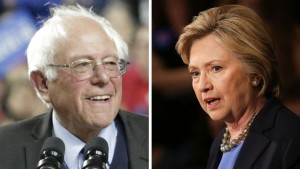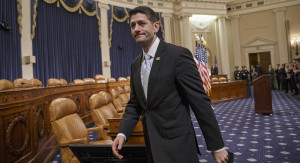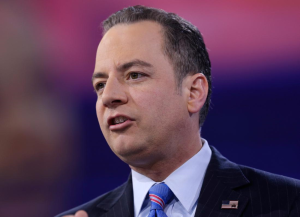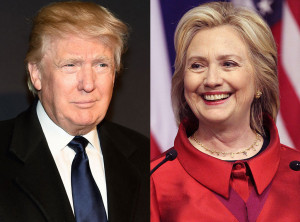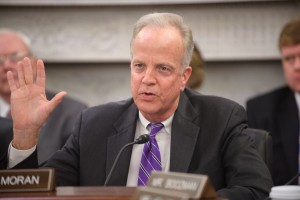
Just how brilliant were the nation’s founders in establishing an “independent judiciary”?
I’ll offer you an example: Take a look at what’s happening in Kansas, where the legislature and the governor are seeking the power to impeach judges who rule incorrectly … in their view.
I want to follow up on an earlier blog post to make this observation about the relationship between the courts and the other arms of government.
The Kansas Supreme Court has become the target of efforts to impeach and remove judges. It seems the jurists have ruled against the wishes of legislators and Gov. Sam Brownback. The high court justices are appointed and then they stand for retention; if voters like the job they’re doing, they retain them; if they don’t, they remove them.
That’s not as bad a system as we have in Texas, where judges are elected on partisan ballots. Judges become politicians. They have to raise money and actually campaign for office. These days in Texas, if you’re a Democrat, you have virtually no chance of winning a statewide judgeship. It used to be the reverse, when Democrats were the kings and queens of the heap.
Back to the founders.
They set up a system that provided essentially for lifetime appointments to the federal judiciary. The Supreme Court is the prize job for any jurist in the land. You become independent and free of political pressure … at least that’s how the founders envisioned it.
Justices then are able to interpret the constitutionality of federal law according to how they view it. The good ones are able to dissect laws impartially and make judgments based on their knowledge of what the Constitution allows.
Too often, though, Supreme Court justices apply rigid standards. Conservatives such as the late Antonin Scalia and Clarence Thomas view themselves as “strict constructionists” who rely on what they believe were the founders’ original intent. Liberals such as the late Thurgood Marshall took another view. Justice Marshall prejudged every capital punishment appeal before ever hearing the case and he would always vote to grant the appeal. Why? He didn’t believe in capital punishment.
There have been many instances over the course of our history when justices become something other than what the presidents who appointed them thought they would be. President Eisenhower appointed Chief Justice Earl Warren and Associate Justice William Brennan, both of whom went on to become liberal giants of the court. President Nixon selected Justice Harry Blackmun, who later wrote the landmark Roe v. Wade ruling that legalized abortion. President Kennedy appointed Justice Byron White, who then became a swing vote on the court who often sided with conservatives. President Ford’s pick, Justice John Paul Stevens, often sided with the court’s liberals.
I’ve just offered a few of many examples. You get the idea.
The independence of the federal judiciary, though, is a standard that states ought to follow. Otherwise, we are left with creating a highly political court system that becomes victimized — as the Kansas courts are becoming — to the whims of politicians who have agendas that have little to do with following the law.
The founding fathers didn’t create the “perfect Union” when they crafted the Constitution. They left out a lot of rights for many Americans, chief among them being women and African-Americans.
When it came to creating a federal judicial system that is intended to be unencumbered by politics, well, they got that one right.
U.S. senators who have to ratify these appointments often don’t understand that intent. In a broad sense, though, the federal judicial system works pretty much as it was designed.
Take heed, state politicians.
